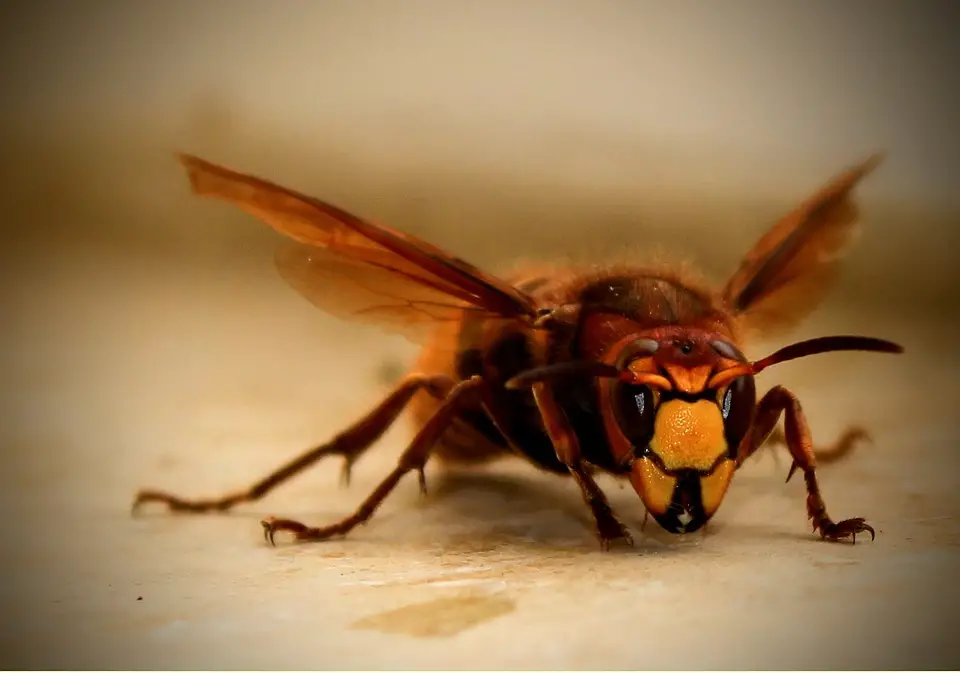As Poslovni Dnevnik writes, the young man from Slavonia passed away following the incident with the insect at KBC Osijek on Thursday.
The man, who is unofficially known to be 33 years old, was brought by ambulance to the intensive care unit of the Clinic of Neurology at KBC Osijek, local portal Glas Slavonije writes. As a result of several hornet stings, his central nervous system was severely damaged, which eventually led to his death.
The young man was attacked and stung by the hornet in a forest in the Nasice area.
A close encounter with these dangerous and notoriously aggressive insects was experienced last month by a group of Croatian students who were out on a field trip with their teacher in the woods near Pozega. The hornets, offended by their presence, succeeded in stinging several children who also ended up in requiring hospital treatment, and as many as ten hornet stings were obtained by a member of the HGSS (Croatian Mountain Rescue Service) who was called for help.
Dr. Visnja Prus, head of the Department of Rheumatology, Clinical Immunology and Allergology at the KBC Osijek, warned that hornet stings, especially ones from the well known Asian hornet, can cause organ failure. Stings from these insects can also be fatal to people who aren’t otherwise allergic to insect stings such as those from the likes of wasps.
“It also matters where the hornet stings you and whether it’s in the head, neck or periphery. Therefore, care should be taken when outdoors, especially if you’re going into the woods. Insects can easily get into bottles or cans and stay in them, so you should be careful. Forest workers and even fishermen are usually alone, so it is certainly advisable to have a mobile phone with you so that you can call for help in case something happens,” Prus explained for Glas Slavonije, pointing out that an urgent reaction is very important after a hornet sting.
The puncture site where the sting has gone in should be first cooled down with ice and then you should make your way to the local hospital. Attention should also be paid to symptoms such as shortness of breath, a drop in blood pressure, and possible fainting.
For more, make sure to check out our dedicated lifestyle section.












